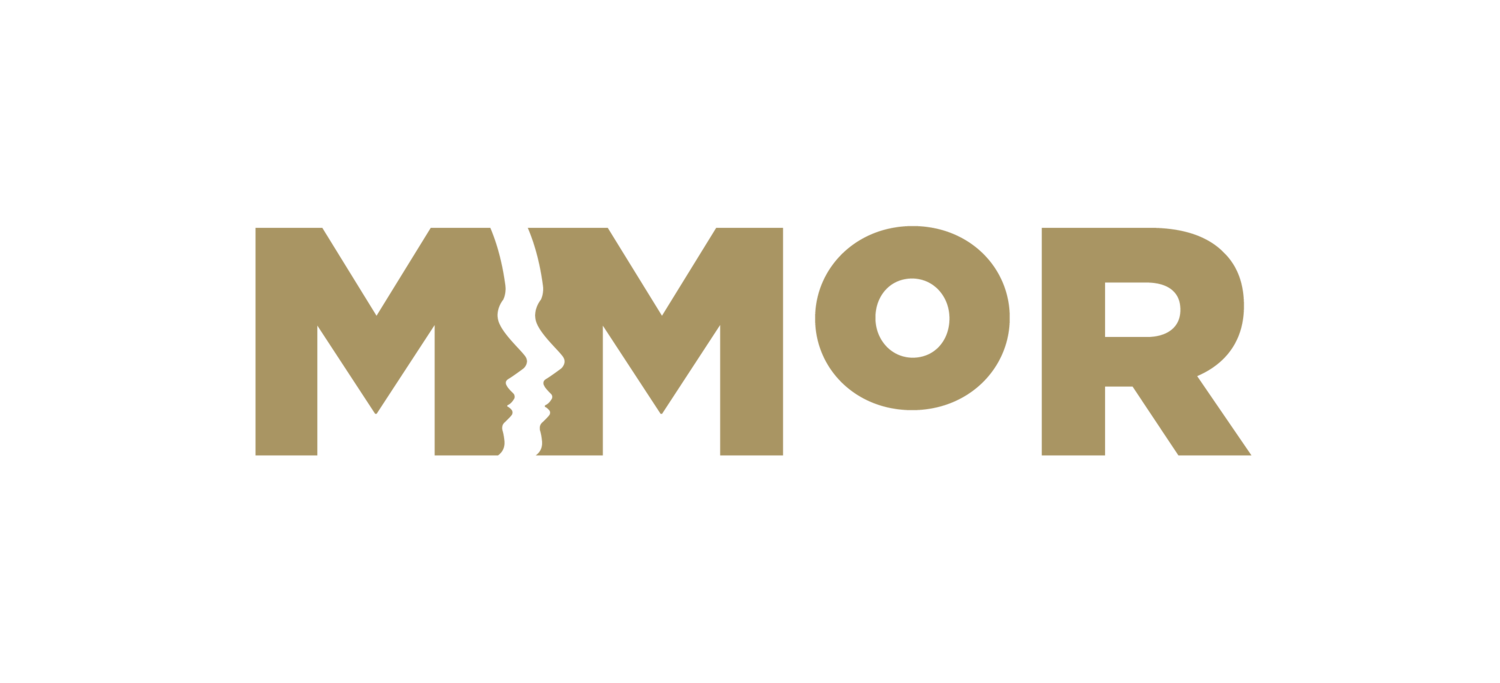This workshop features two pre-circulated papers addressing different aspects of the relationship between artisans and race-making in early modern Europe. The workshop will take place in person at King’s College London, Bush House room BH (SE) 6.03, Strand Campus. Due to the format, participation at this workshop is limited, but interested attendees are invited to email mmor@kcl.ac.uk.
Zoltan Biedermann
Provisional paper title: ‘Dark Skin, Bright Feathers: Representing Black Africans on a Sixteenth-Century Map’.
Abstract: In 1502, a world map known as the Cantino Planisphere was produced in the royal cartographic workshop in Lisbon. Apart from being a significant scientific artefact illustrating the progress of Iberian explorations in Africa, the New World and Asia, it contains some high-end painted illustrations of tropical birds, landscapes, a Portuguese fort at Elmina, and a group of eight people drawn in black ink. My essay explores the latter, examining why seven of these Black people are represented as dancing naked, without further tools or apparent purpose, around the fort. It also ventures into a consideration of how this scene may be made to resonate with the representation of dancing Africans in Conrad’s Heart of Darkness, transcending epochal boundaries usually held in high regard by Early Modernists.
Joseph da Costa
Paper title: ‘Leonhard Thurneysser’s Natural History of Portugal and the Early Modern construction of race’.
Abstract: In 1555 Leonhard Thurneysser zum Thurn witnessed an auction of West African captives in the commercial thoroughfare of Lisbon, the Rua Nova dos Mercadores. He touched, observed, and described the enslaved people he saw in the market, in the streets, and in the home of his host, Damião de Góis. He commented on their hair and skin, torsos and limbs, through the nuanced European framework of physiognomy, though offering enslaved African peoples only one essentialised interpretation of an African body. In ‘rationalising’ his observations, Thurneysser draws on classical perceptions of natural slavery, medieval understandings of humeral theory and environmental race, as well as early modern knowledge systems. Placing Thurneysser specifically in the context of Portuguese humanist construction of human difference offers insights into the commercial motivations and deployments of developing ‘scientific’ narratives in the expansion of capitalist and political empire.
Image: Rua Nova dos Mercadores (1) - Society of Antiquaries of London, Kelmscott Manor
